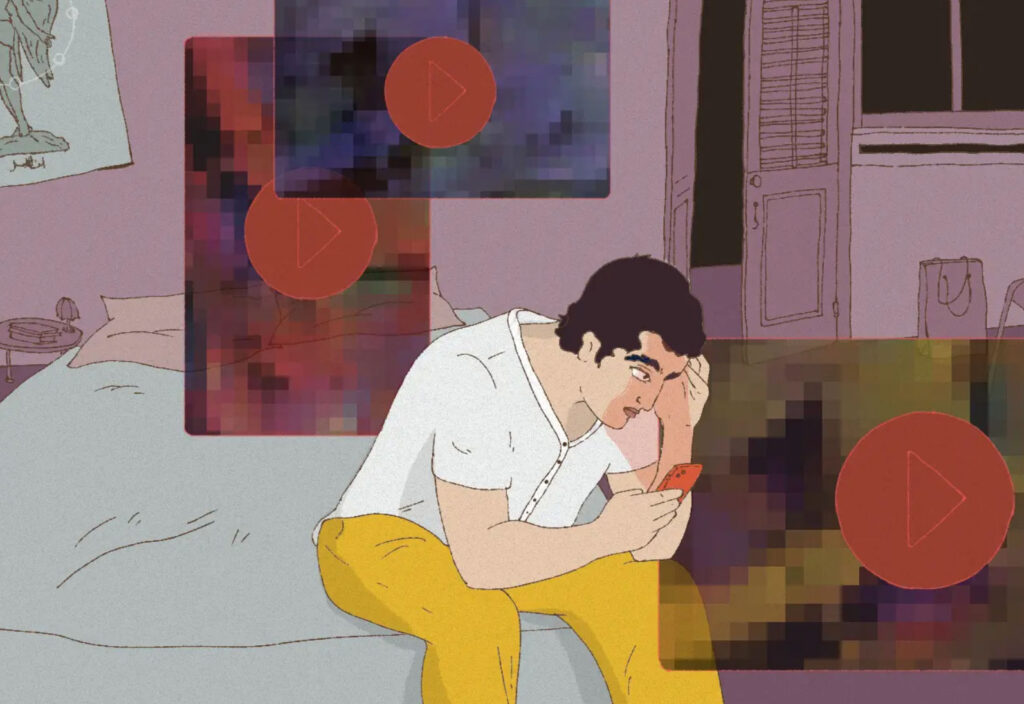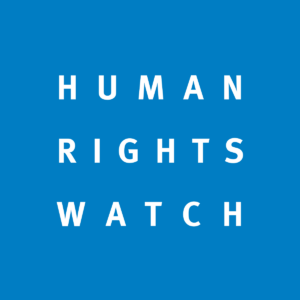Jordanian security forces target LGBT activists
Colin Stewart is a 45-year journalism veteran living in Southern…
Crackdown includes intimidation and interrogations, HRW says

Human Rights Watch declared ton Tuesday that:
- Jordan’s authorities have systematically targeted LGBT rights activists and coordinated an unlawful crackdown on free expression and assembly around gender and sexuality.
- Security forces’ intimidation and unlawful interference in LGBT organizing have driven activism further underground, and forced LGBT leaders into self-censorship or to flee Jordan.
- Jordan’s international partners that provide assistance to Jordan’s intelligence agencies should ensure that respect for freedoms of expression and association are a condition of all programs.
This is HRW’s statement, issued Dec. 5
The authorities in Jordan have systematically targeted lesbian, gay, bisexual, and transgender (LGBT) rights activists and coordinated an unlawful crackdown on free expression and assembly around gender and sexuality, Human Rights Watch said today.
Human Rights Watch documented cases in which Jordan’s General Intelligence Department (GID) and the Preventive Security department of the Public Security Directorate interrogated LGBT activists about their work, and intimidated them with threats of violence, arrest, and prosecution, forcing several activists to shut down their organizations, discontinue their activities, and in some cases, flee the country. Government officials also smeared LGBT rights activists online based on their sexual orientation, and social media users posted photos of LGBT rights activists with messages inciting violence against them.
“Jordanian authorities have launched a coordinated attack against LGBT rights activists, aimed at eradicating any discussion around gender and sexuality from the public and private spheres,” said Rasha Younes, senior LGBT rights researcher at Human Rights Watch. “Security forces’ intimidation tactics and unlawful interference in LGBT organizing have driven activism further underground and forced civil society leaders into an impossible reality: severe self-censorship or fleeing Jordan.”

Human Rights Watch interviewed 13 LGBT rights activists in Jordan, as well as an owner of a cultural center in Amman where an LGBT event was cancelled due to official intimidation, and an alternative media initiative’s director who was targeted online. Human Rights Watch also reviewed statements by government officials, nongovernmental organizations, and individuals, as well as visual media provided by activists documenting incidents of online harassment against them in public social media posts.
All those interviewed said security forces, particularly the intelligence agency, repeatedly sought to intimidate them, including by summoning them for interrogation on several occasions. Three activists said the Amman governor interrogated them after they preemptively cancelled the screening of a film depicting gay men. Two LGBT organization directors said that because of official intimidation, they were forced to close their offices, discontinue their operations in Jordan, and flee the country.
One activist said Preventive Security officers made him sign a pledge that he would report all his venue’s activities to the governor. Another activist reported being targeted online while social media users called for him to be burned alive.
While Jordanian authorities’ targeting of civic space is not unique to LGBT rights activists, the combination of a legally precarious situation, including the application of vague “morality” provisions against LGBT people, and social marginalization, quells LGBT expression online and offline. Despite the absence of explicit laws that criminalize same-sex relations in Jordan, there is also no legislation protecting LGBT people from discrimination, in a situation of widespread antagonism toward LGBT people. The combination of vague morality laws, public hostility, and the absence of legal protection, appears to give license to security forces and private individuals to target LGBT people with impunity.
In August 2023, Jordanian authorities promulgated a new repressive cybercrime law that further undermines free speech online, threatens internet users’ right to anonymity, and introduces new authority to control social media. It includes provisions that could be used by authorities to target digital content around gender and sexuality, as well as individuals who use digital platforms to advocate for the rights of LGBT people. An activist told Human Rights Watch that the new law will “destroy all forms of LGBT expression online” and intensify “interference in people’s private lives.”
In a 2023 report, Human Rights Watch documented the far-reaching offline consequences of online targeting against LGBT people in Jordan, including entrapment, online extortion, online harassment, and reliance on illegitimately obtained digital information based on arbitrary phone searches in prosecutions. As a result of digital targeting, LGBT people in Jordan said they felt unable to safely express themselves, and that LGBT rights activism has subsequently suffered.
All LGBT rights activists interviewed reported detrimental consequences in the aftermath of being targeted by the authorities, even when the threats did not materialize beyond intimidation. Most activists preemptively shut down their initiatives and groups, fearing prosecution.
A director of an LGBT rights organization said he was forced to shut down the group in January following what he described as an “unprecedented, coordinated attack” by the authorities. “We [my boyfriend and I] had to leave everything behind – our work, our friends, our families, our memories – and flee the country,” he said. “It is terrifying what influence they [security forces] can have with intimidation alone, without having to lift a finger. They upended our lives, under threat, and the scariest part was that we knew they would do everything they threatened if we ever returned home.”
Another activist described his predicament: “Our only option was to stop our operations, to avoid imminent prosecution, and flee Jordan. The relentless government pressure over the years, which increased alongside our visibility as queer activists, is what fractured our political movement and activism. Intimidation is the most powerful tool of government repression in Jordan.”
One of the few LGBT rights activists who has remained in Jordan described her current reality: “Merely existing in Amman has become terrifying. We cannot continue our work as activists, and we are forced to be hyperaware of our surroundings as individuals.”
Under international human rights law, freedom of expression, assembly, and association are recognized as fundamental human rights, often overlapping and essential to the effective functioning of a democratic society, and to the enjoyment of other individual rights. The International Covenant on Civil and Political Rights, to which Jordan is a state party, guarantees fundamental human rights, including free expression, assembly, and association, as well as equal protection of the law, all without discrimination.
Jordan’s international partners, including the United States and European Union, which provide direct assistance and training to Jordan’s security agencies, should publicly and explicitly condemn security force violations relating to freedom of expression, association, and assembly, including against LGBT people, and should ensure that respect for such freedoms is a condition of all existing programs.
“Despite state repression, LGBT activism will continue in Jordan and civil society’s resistance will not be stopped,” Younes said. “Jordanian authorities should safeguard the rights of everyone, including by protecting freedom of expression, assembly, and association, as well as the privacy of digital communications.”




